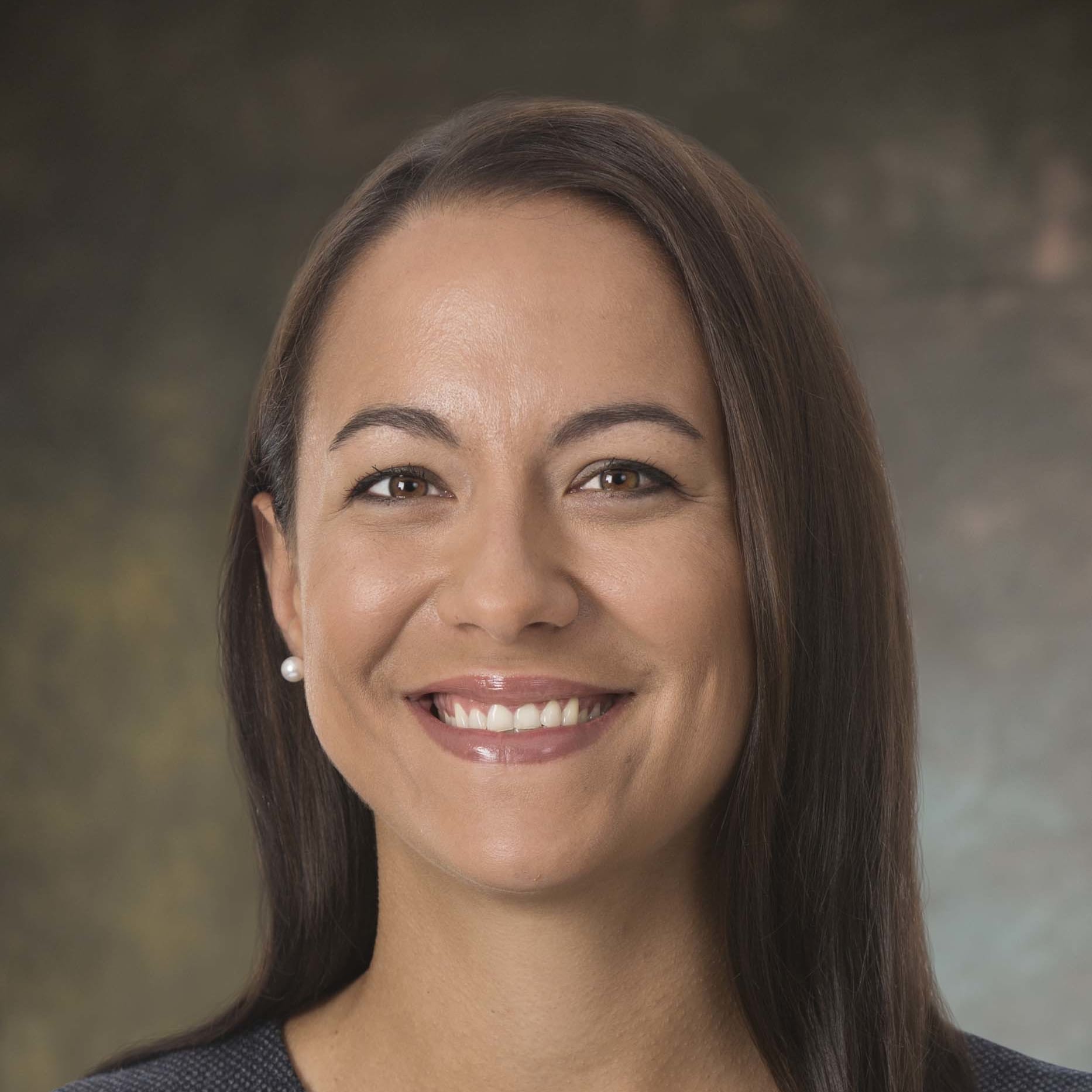Congenital Hand Deformities
Definition
Congenital hand deformities are abnormalities in the structure and function of the hand that are present at birth. These deformities can result from genetic factors, environmental influences during pregnancy, or a combination of both. They can range from mild to severe and may affect one or both hands.
Related Specialists
Showing 3 of 7
Related Fact Sheets
Related Departments
Showing 3 of 13
Pediatric Cardiology
Building on its long history of innovation in the treatment of congenital heart disease, pediatric cardiology at Yale is continuing to grow while remaining at the forefront of research and care in the field. We provide a complete spectrum of cardiovascular care to patients throughout the Northeast at the nationally recognized Yale New Haven Children’s Hospital. We are leaders in diagnosing both congenital and acquired heart disease, and our physicians are expertly trained to provide this care with the use of electrocardiography, echocardiography, cardiac catheterization and electrophysiology studies, as well as with state-of-the-art surgical care.Charcot Marie Tooth Disease (CMT) Program
Charcot Marie Tooth disease (CMT) is the name used to describe a group of inherited peripheral nerve disorders caused by a range of changes in the genes responsible for nerve function. Currently, there are more than 80 genes identified as potential causes of CMT. CMT can affect both children and adults and is one of the most common hereditary neurologic hereditary disorders, affecting 1 in 2,500 people. Patients with CMT experience nerve damage leading to sensory loss and changes in sensation, balance, and muscle strength, especially in the legs and hands. Depending on the genetic variant and other factors, the severity of symptoms may range from mild to severe. The Charcot Marie Tooth disease program at Yale was recognized by the CMT Association (CMTA) as one of forty CMTA Centers of Excellence worldwide. Multidisciplinary care of CMT patients is customized to patients’ needs and involves neurologists, orthopaedic surgeons, and physical and occupational therapists. Diagnosing neuromuscular disorders, including CMT, is a complex process involving neurologic examination and diagnostic testing, which often includes laboratory testing and electrodiagnostic evaluation with nerve conduction studies and needle electromyography. Genetic testing is used to identify the gene causing CMT. In recent years, the rapid development of technology allowed a wide expansion of genetic testing for diagnosing hereditary disorders (including CMT), which now helps us to find the cause of CMT in more than 70% of patients. An accurate diagnosis helps us to avoid unnecessary testing and potentially harmful treatments. Advances in research and understanding of hereditary neurologic disorders have also led to new therapies for genetic diseases that may help develop effective treatments for CMT. The CMTA Center of Excellence at Yale is led by neurologist and neuromuscular specialist Sasha Zivkovic, MD, PhD, and orthopaedic surgeon Irvin Oh, MD, who collaborate with physical and occupational therapists. A monthly CMT clinic will be held at the North Haven Yale campus, and care will be coordinated with Yale neuromuscular specialists who evaluate patients in New Haven, Greenwich, Guilford, and New London. The goal is to enhance the care of adult patients with Charcot Marie Tooth disease, improve their quality of life, and promote clinical research in the field. The program helps treat many patients with nonsurgical techniques, including bracing and physical and occupational therapies, and, if indicated, reconstructive foot surgery, which helps many people to stand, walk, and run without pain. During reconstructive surgery, the foot bones and muscles are repaired, so the feet do not turn inward. Correction of high arches and misshapen toes may restore flexibility and balance for natural foot movements without pain. The program will also promote clinical and translational research of hereditary neuropathies to advance the care and quality of life of CMT patients and their fPediatrics
Our uncompromising faculty and staff are dedicated to the welfare of children and adolescents. One of two major pediatric centers in Connecticut, Yale offers an extensive range of services for patients through our 14 specialties. In addition, we have several interdisciplinary centers and programs that involve collaborations with multiple departments throughout Yale Medicine and Yale New Haven Children’s Hospital. Thanks to our reputation for comprehensive pediatric care, we serve as a regional and national center for referral and consultation. Many of our physicians are internationally recognized for their innovative approaches to the diagnosis and treatment of conditions including arrhythmias, diabetes, cystic fibrosis, childhood cancers, juvenile diabetes, dyslexia, blood disorders, infectious diseases, and complications of premature birth, as well as many other disorders. We are leaders in the global pediatric community, advocates for childhood health and development, and innovators in research. We rank among the top pediatric centers in the country with respect to National Institutes of Health support for research. Neonatal and pediatric ICUs that serve our most vulnerable patients with the highest level of care 24/7 subspecialty telephone consultation service for primary care clinicians with expected response time of three minutes More than 20 years of experience with neonatal and pediatric Extracorporeal Membrane Oxygenation, a sophisticated machine that acts as an artificial heart and lungs, crucial for some seriously ill infants One-call center that provides centralized appointment scheduling for all pediatric specialties Close collaboration with other Yale departments to provide such services as molecular and genetic diagnostic services, state-of-the art management of high-risk fetuses and newborns, bone marrow transplantation, and management of complex malignancies


